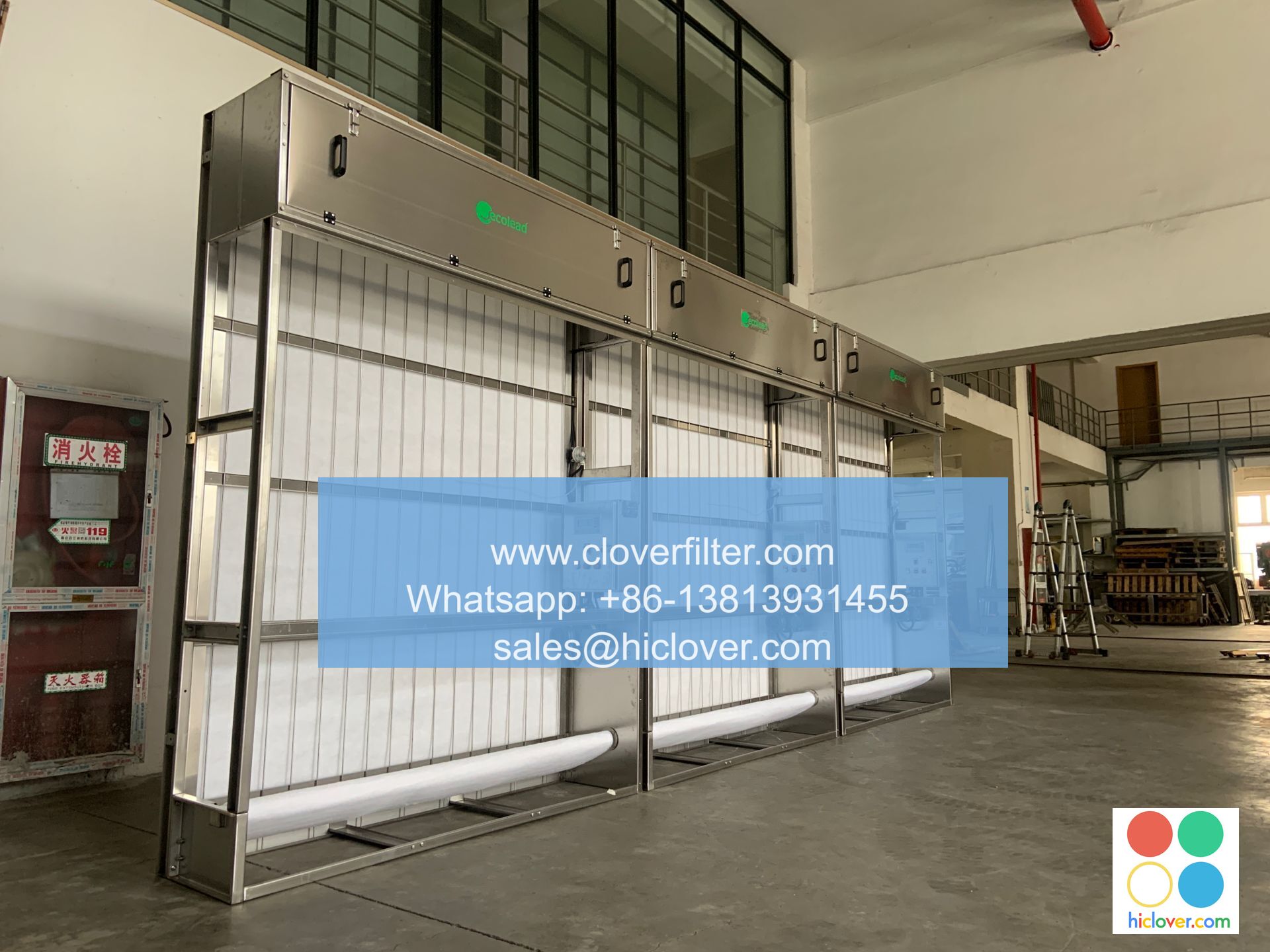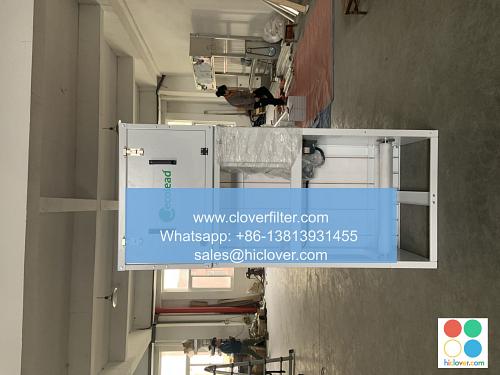The Ultimate Guide to Air Filter Maintenance: What You Need to Know

As a crucial component of heating, ventilation, and air conditioning (HVAC) systems, air filters play a vital role in maintaining indoor air quality (IAQ) and ensuring the efficiency and performance of these systems. In this comprehensive guide, we will delve into the world of air filter maintenance, covering the essential aspects of filter selection, installation, and replacement, as well as the various application areas where air filters are used.
Why Air Filter Maintenance is Important
Regular air filter maintenance is essential to prevent air pollution, reduce energy consumption, and minimize the risk of equipment damage. A dirty or clogged air filter can lead to a range of problems, including:
* Reduced airflow and system performance
* Increased energy costs and greenhouse gas emissions
* Poor indoor air quality and potential health risks
* Premature equipment failure and maintenance costs
Types of Air Filters and Their Applications
There are various types of air filters available, each designed for specific application areas and filtration requirements. Some of the most common types of air filters include:
* HEPA (High Efficiency Particulate Air) filters: Used in hospitals, laboratories, and cleanrooms to remove 99.97% of particles as small as 0.3 microns.
* Activated carbon filters: Used in industrial and commercial settings to remove gases, odors, and volatile organic compounds (VOCs).
* Pleated filters: Used in residential and commercial HVAC systems to remove dust, pollen, and other particles.
* Electrostatic filters: Used in industrial and commercial settings to remove particles and gases using an electrostatic charge.
Best Practices for Air Filter Maintenance
To ensure optimal air filter performance and system efficiency, follow these best practices for air filter maintenance:
* Regularly inspect and replace air filters according to the manufacturer’s recommendations.
* Clean and maintain air filters to prevent dust and debris buildup.
* Use the correct filter type and size for your specific application area and filtration requirements.
* Monitor and adjust air filter maintenance schedules based on usage and environmental conditions.
Application Areas for Air Filters
Air filters are used in a wide range of application areas, including:
* Residential and commercial buildings: To improve indoor air quality and system efficiency.
* Industrial settings: To remove hazardous particles and gases and maintain a safe working environment.
* Healthcare facilities: To prevent the spread of infections and diseases and maintain a sterile environment.
* Transportation systems: To improve air quality and passenger comfort in vehicles and public transportation systems.
Conclusion
In conclusion, air filter maintenance is a critical aspect of maintaining indoor air quality and system efficiency in various application areas. By understanding the importance of air filter maintenance, selecting the correct filter type and size, and following best practices for maintenance and replacement, you can ensure optimal air filter performance and system efficiency. Remember to regularly inspect and replace air filters, clean and maintain them, and monitor and adjust maintenance schedules based on usage and environmental conditions. By doing so, you can prevent air pollution, reduce energy consumption, and minimize the risk of equipment damage. It seems like you didn’t include a prompt. Could you please provide more details or clarify what you’re looking for? I’m here to help with any questions or topics you’d like to discuss.

